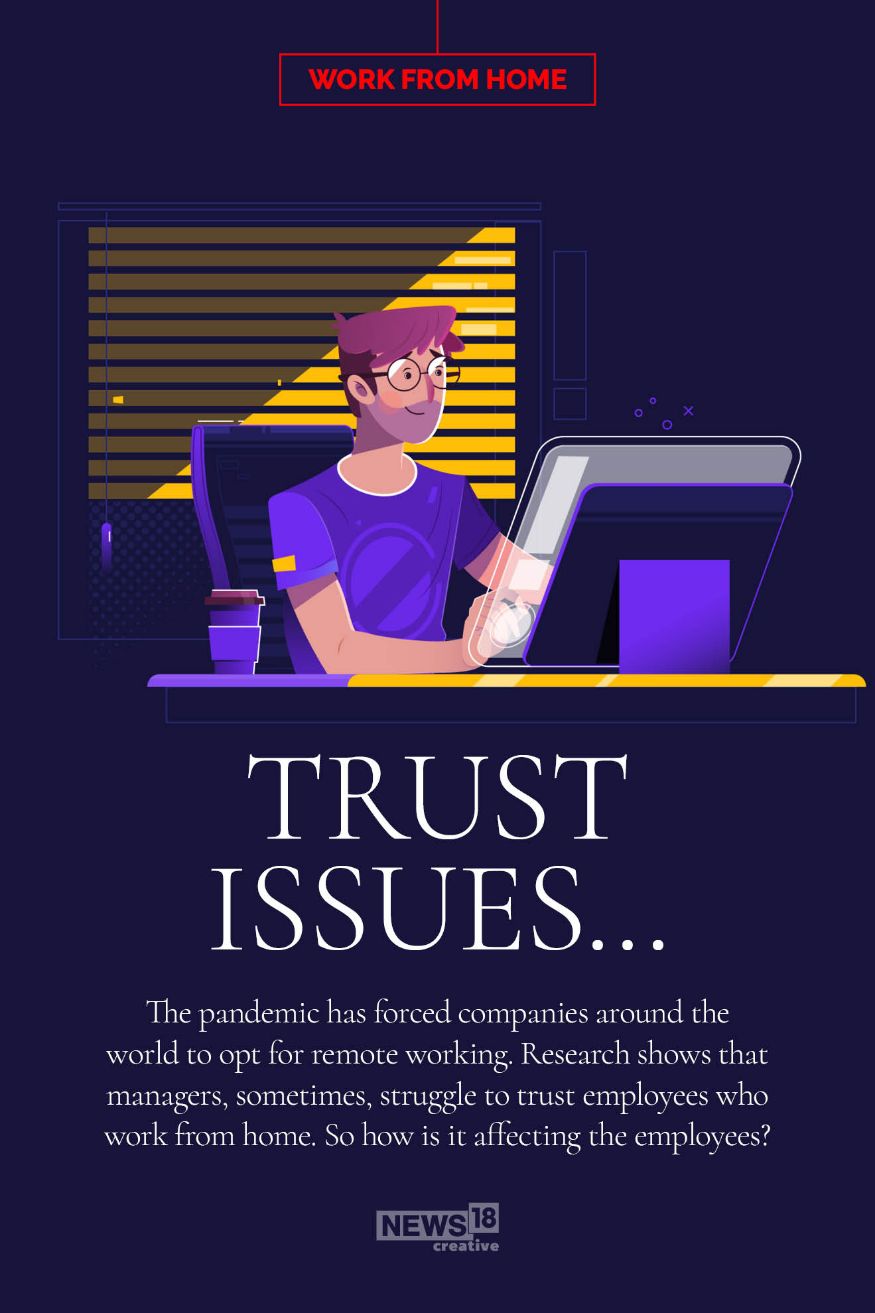

With remote teams working in separate locations, it’s easy to forget to relay important information regarding specific roles, expectations and task deadlines. If you want your employees to be honest, you can’t keep them in the dark. The solution to uncertainty is simple, and it starts with building open communication and transparency. This can lead to tight micro-management regimes that leave both parties feeling dissatisfied.
#Remoter issue trust tv#
Especially if managers fear their remote employees are sitting by the TV in their pyjamas munching on Doritos rather than knuckling down. Uncertainty is a nasty trap to be caught in. Read more: Checklist for companies with remote employees 2.
#Remoter issue trust software#
However, did you know that 91% of employees think that their team leaders lack communication skills? What’s more, almost 1 in 3 employees don’t trust their employers, and that stat was from when we were in a physical office together pre-pandemic.īe sure to have the right software for remote working available for your team to facilitate open communication. This is especially important in uncertain times when your team members are looking to you for guidance and stability. By keeping your team members updated and in the know, they’ll feel confident in your direction. This is why it’s so important to encourage everyone in your team to have their cameras on during team meetingsĪs a leader in remote work, we know that you can never over-communicate. After all, tone (38%) and body language (55%) make up the major elements when it comes to building a human connection. Communication goes further than just spoken words. When working in remote work environments, communication and trust have never been more important. When it comes to building trust remotely, there are many pieces that make up the puzzle. Remember: Building trust is a two-way street for both employees and employers.Įmployees want to know, “Am I going to get paid correctly, work in reasonable conditions and be treated with respect?”Įmployers want to know, “Can I trust my employees to be positively engaged and deliver what the business needs of them?” How can you build trust in remote teams? If you’d like to learn more about how our policies can help build trust amongst your team, get in touch with one of our small business specialists today. Set and acknowledge company policies with Employment Hero


#Remoter issue trust how to#
If you want to learn how to navigate and manage your team in a remote work environment whilst building trust, read on as we share practical strategies you can introduce to your remote team now. As the world continues to transition to remote work, we thought we’d share how to foster a high trust culture within a remote workplace.


 0 kommentar(er)
0 kommentar(er)
